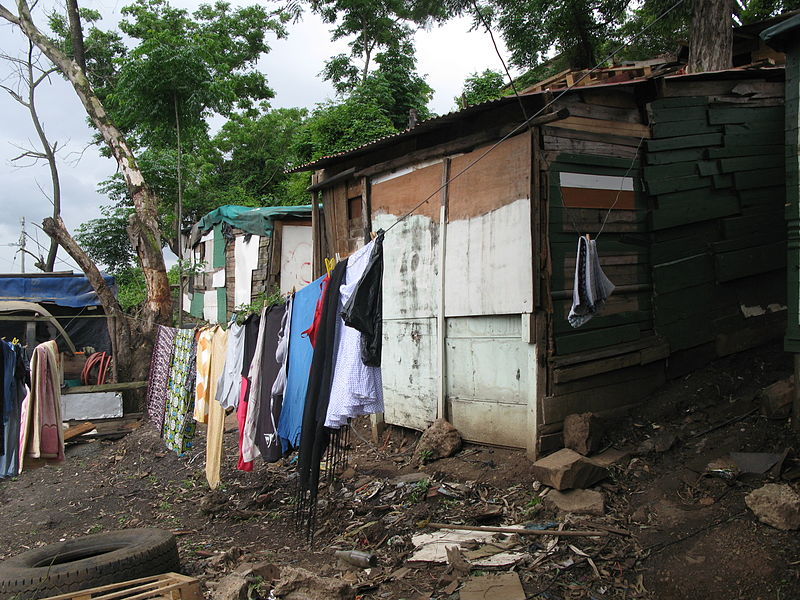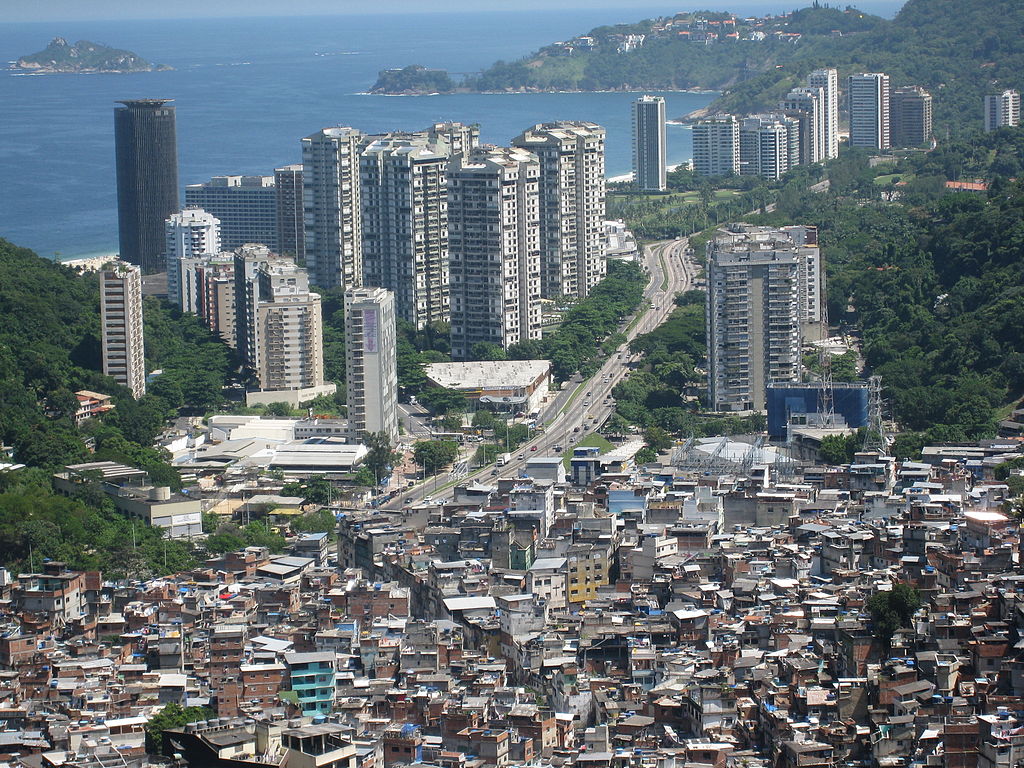Water resilience: why it’s important and how to fund it
by Lauren Stabler, Resilient Cities 2016 social media volunteer This afternoon’s panel session focused particularly on the adverse effects of…

by Lauren Stabler, Resilient Cities 2016 social media volunteer This afternoon’s panel session focused particularly on the adverse effects of…

How to translate resilience theory into actions within urban contexts? This was the main question addressed by Resilient Cities 2016…

by David Lammers, MSc Environmental Studies and Sustainability Studies, Lund University “Resilience is also required to respond to bad policy decisions”….

“Transformative optimism” underlies the actions that local and subnational governments are taking to build a low-carbon and resilient world. It also…

Impacts from climate change are already being experienced worldwide and are only projected to continue: extreme weather events with higher…

By Omar Siddique, Senior Urban Specialist, Cities Alliance Chapter 7 on ‘human settlements’, which emerged from the first Rio Conference…

Building resilience in cities should enhance the quality of life for all residents. Yet resilience planning, like urban development, has…

This blog series presents some of the applications to the Transformative Actions Program, to show you how cities are “tapping”…

This blog series presents some of the applications to the Transformative Actions Program, to show you how cities are “tapping”…

Photo Contest Congratulations to Ms. Sayamon Saiyot, who won the Resilient Cities 2015 Photo Contest with the image featured above!…
On 13-18 March 2014, ICLEI Member City Sendai (Japan) will host the 3rd World Conference on Disaster Risk Reduction (WCDRR)….
Some participants at the first day of Resilient Cities Asia-Pacific shared what their resilience plans would be if they had…